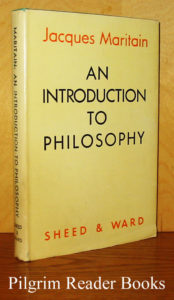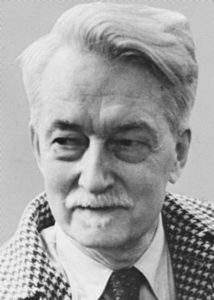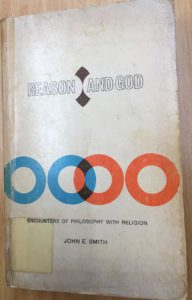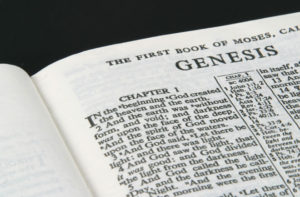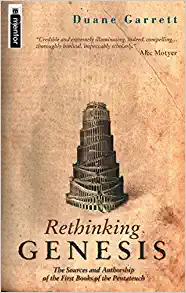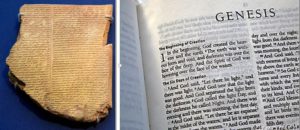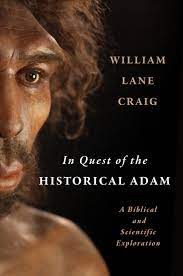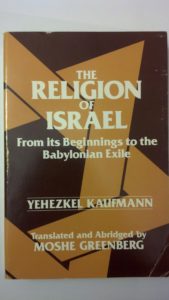Will you Walk into my Parlour? Said the Spider to the Fly PAS is exploiting its new-found powers in the Federal government to table a new bill on control and restrictions on the development of non-Muslim religions. A major element of PAS new legal initiative is the RU355 which was temporarily shelved in 2017 after … Continue reading “Shariah Law has no Consequences on Non-Muslims? HUMBUG”

Will you Walk into my Parlour? Said the Spider to the Fly
PAS is exploiting its new-found powers in the Federal government to table a new bill on control and restrictions on the development of non-Muslim religions. A major element of PAS new legal initiative is the RU355 which was temporarily shelved in 2017 after it met strong opposition from critics who argued that the bill would make Hudud which is a state-enacted law under the the Federal Constitution become Federal criminal law. As Federal law, Hudud will be applied to all citizens regardless of their religious affiliation. To be sure, Muslim politicians and justices have assured non-Muslims that they have nothing to fear, only to say in their next breath that Hudud must be applicable to both Muslims and non-Muslims. Anyone who accepts their facile assurances should remember the classic children poem, “The Spider and the Fly” by Mary Howitt (1829).
Will you walk into my parlour?” said the Spider to the Fly,
‘Tis the prettiest little parlour that ever you did spy;
The way into my parlour is up a winding stair,
And I’ve a many curious things to shew when you are there.”
Oh no, no,” said the little Fly, “to ask me is in vain,
For who goes up your winding stair can ne’er come down again.”
“I’m sure you must be weary, dear, with soaring up so high;
Will you rest upon my little bed?” said the Spider to the Fly.
“There are pretty curtains drawn around; the sheets are fine and thin,
And if you like to rest awhile, I’ll snugly tuck you in!”
Oh no, no,” said the little Fly, “for I’ve often heard it said,
They never, never wake again, who sleep upon your bed!”
[only 2 out of 7 stanzas reproduced here]
——————————————————-
[The materials below were first posted on 10 Feb 2017]
Related Post: Kelantan Salons Ordered To Remove Posters of ‘Sexy’ Hair Models
UMNO will be lending a helping hand to PAS to push a Bill through Parliament which would amend the Shariah Courts (Criminal Jurisdiction) Act 1965, also known as Act 355. The amendments would extend power to the Islamic courts to enforce heavier punishment for Islamic offences. PAS President Abdul Hadi Awang and UMNO leaders assure non-Muslims that the proposed amendments will not affect non-Muslims. Re: Hadi to Make More Amendments to Shariah Bill] [FMT 23 Nov 2016] Continue reading “Shariah Law has no Consequences on Non-Muslims? HUMBUG”
